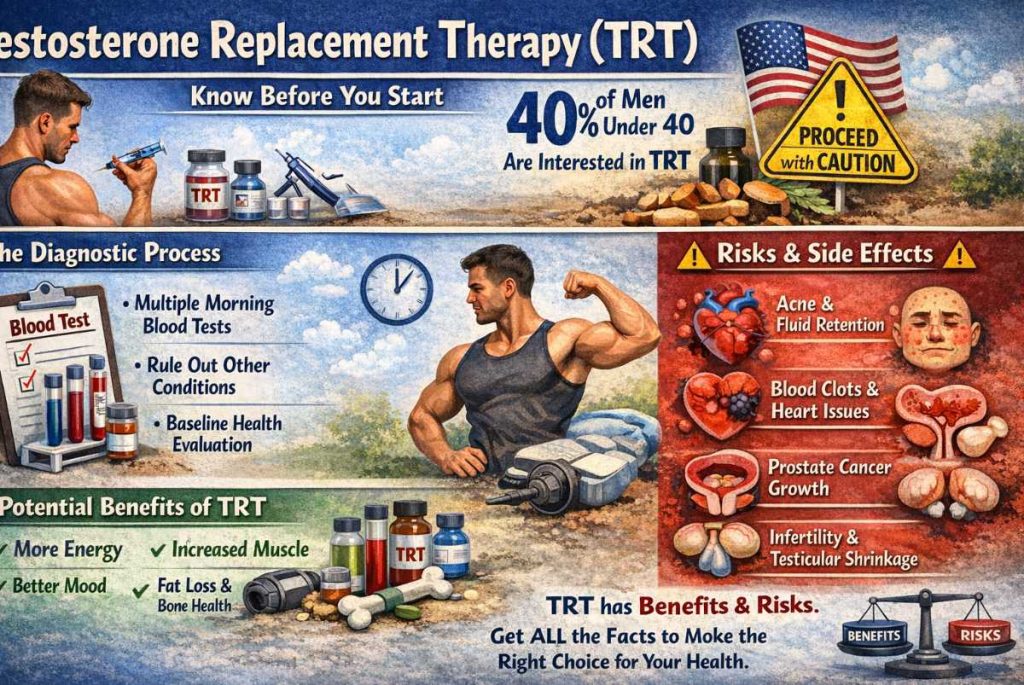Your neck feels like solid wood. Turn your head and something pops. Your jaw aches—actually, when did that even start? Lower back? Don’t even get you started. Just standing up from your chair is a whole production now.
Haven’t set foot in a gym for weeks. No workouts, no hauling furniture, nothing physical at all.
Stress isn’t just a mental thing. It literally lodges itself into your muscles and sets up camp, creating actual physical pain that has zero to do with exercise.
The Stress-Muscle Thing Nobody Tells You
Your brain perceives stress—any stress, doesn’t matter if it’s a work deadline or an actual emergency—and your body tenses up. Made sense when humans needed to run from things with teeth. Now it happens when your boss schedules another Zoom meeting.
That tension should last maybe 30 seconds. Instead, it lasts all day. Your muscles stay partially contracted for hours, burning through energy like they would during actual exercise.
Blood flow gets restricted. Oxygen can’t reach muscle tissue properly. Metabolic waste piles up. That’s the ache you feel despite doing absolutely nothing physical.
The pain is real. Those muscles are genuinely worn out from holding tension nonstop.
Where It Shows Up
Shoulders and neck catch the worst of it. Stress makes your shoulders hike up toward your ears—you don’t even realize you’re doing it. Six hours hunched over a laptop in that position? Your muscles are pulling an endurance marathon. Your head weighs 11 pounds. Picture holding an 11-pound dumbbell at shoulder height all workday.
Jaw and temples hurt from grinding teeth. Happens without you knowing it, mostly during sleep. The masseter muscles—strongest in your body relative to size—get worked to death, and that tension fires straight into your temples. Why those headaches ignore painkillers.
Lower back aches from how you breathe when you’re anxious. Stress breathing is shallow, all in your chest. Your back muscles have to pick up the slack for reduced core stability. Hip flexors tighten up too, yanking on your lower back. That’s the dull ache that won’t quit regardless of how you adjust your sitting position.
Press on any of these spots. Tender despite zero recent exercise? That’s stress tension, not an injury.
What Helps
Heat works better than almost anything else. Not a quick hot shower—sustained heat that gives muscles time to actually let go. Twenty minutes minimum. Gets blood flowing, delivers oxygen, flushes out the waste causing the ache.
Magnesium targets the root problem. Stress depletes it, and muscles need magnesium to relax. Without enough, they literally can’t release from their contracted state. Epsom salt and CBD bath bombs deliver magnesium through your skin during a bath, hitting the deficiency keeping everything tight.
Stretching tense muscles often backfires. Try to stretch something that’s been contracted for hours, and it tightens more. Apply pressure first—hands, tennis ball against a wall, anything creating sustained pressure on the trigger point. Once the muscle starts releasing, then stretch.
Movement breaks the cycle better than rest. Not intense exercise—gentle movement. A 10-minute walk circulates blood through tense areas. Shoulder rolls, neck circles, hip rotations. Reminding your muscles they can move instead of staying locked.
Breathing resets everything. Stress keeps you breathing shallow in your chest, signaling your body to stay alert. Deep belly breathing for two minutes signals the threat passed. Muscles get permission to release.
Weird fact: Lying in bed often makes stress-related muscle pain worse. Blood flow stays sluggish without movement. Muscles stiffen further. That morning stiffness after a stressful day? Your muscles contracted all night.
Why Rest Doesn’t Fix It
Your body thinks it’s still in danger. Muscles won’t fully release until your nervous system gets the message that the threat’s over. Means addressing both the physical tension and the stress response creating it.
Active rest—moving gently instead of staying completely still—prevents tension from building. Even something passive like a warm bath maintains circulation better than just lying down. The heat keeps blood flowing.
Muscle aches from stress feel identical to workout soreness, but treating them the same way fails. Stretching doesn’t help. Rest makes it worse. Your body needs proof the danger passed before those muscles unlock. Heat, magnesium, gentle movement, breathing that signals safety—that’s what actually works when stress sets up permanent residence in your muscles.





